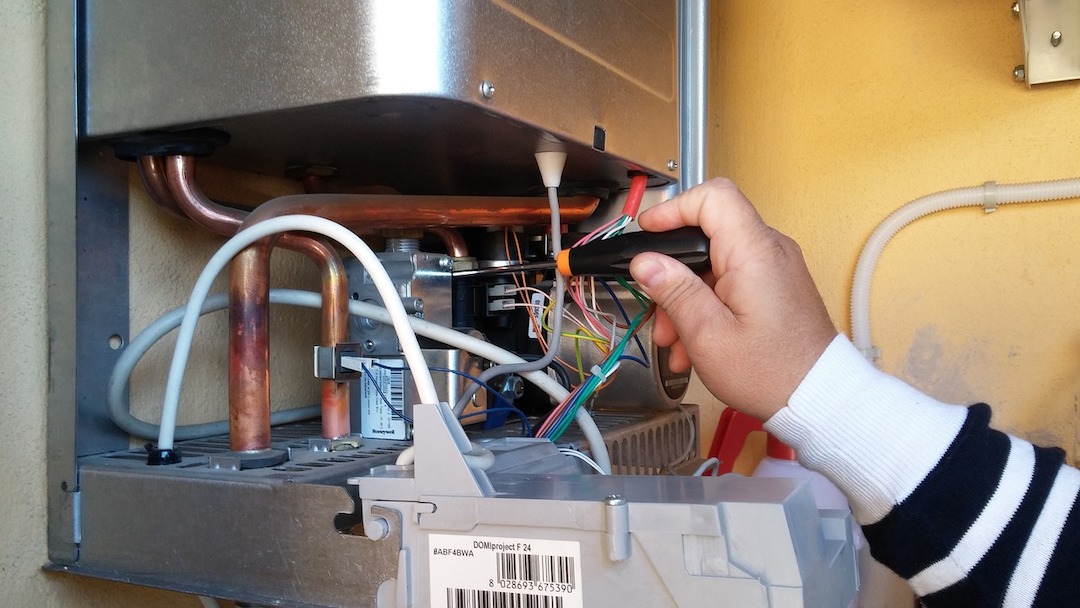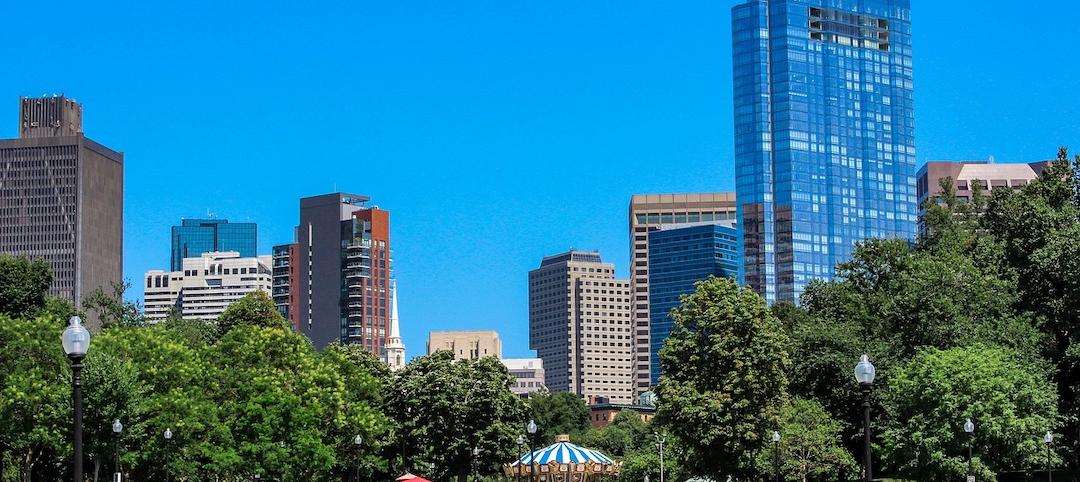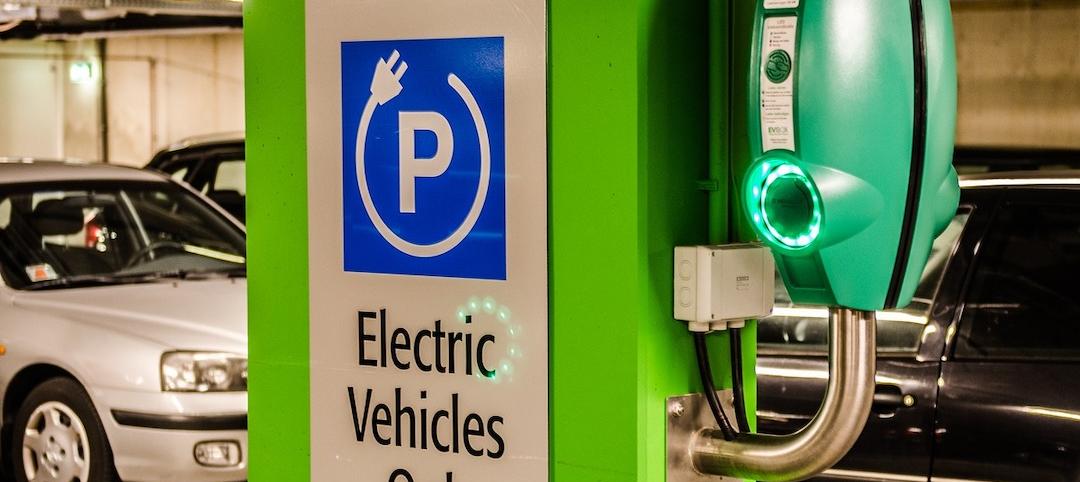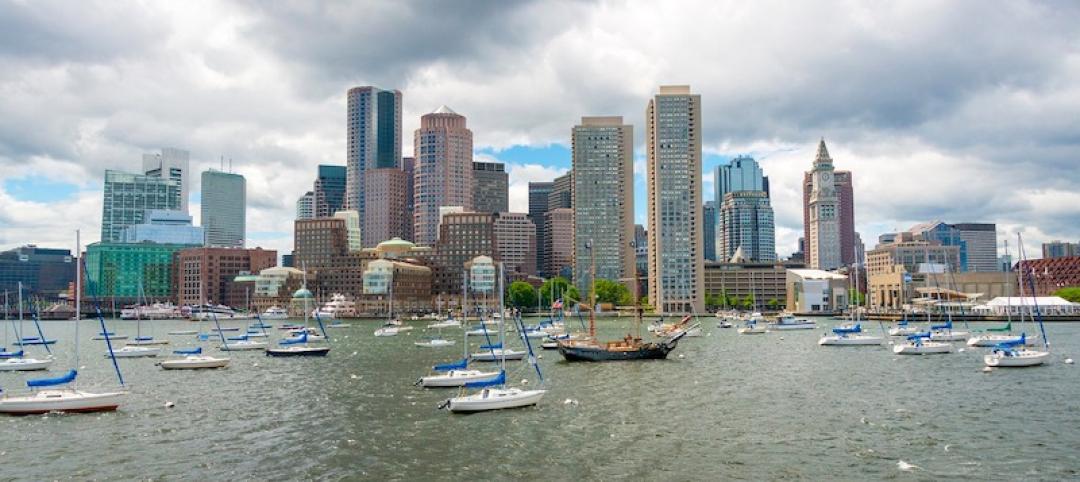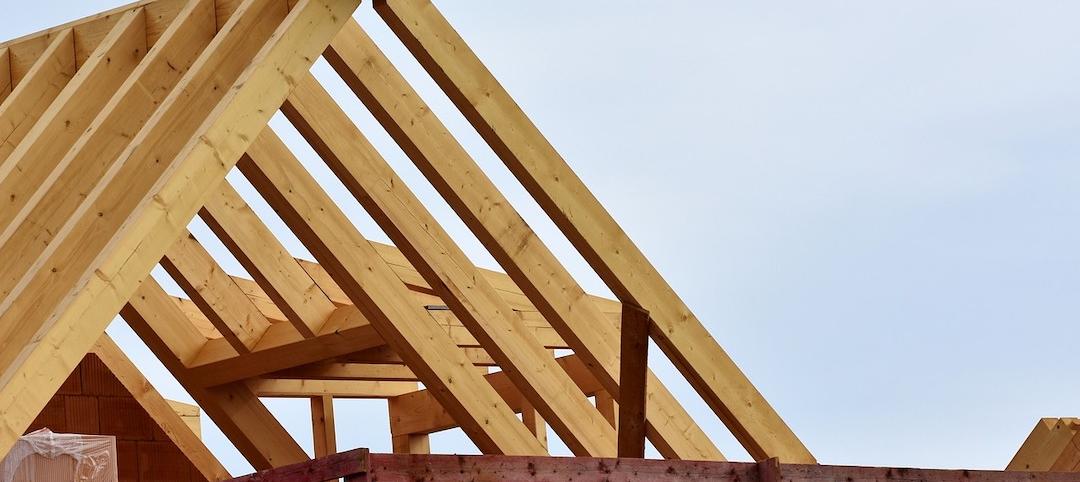Efficient electric hot water heating technologies significantly reduce the carbon emissions of multifamily buildings, according to a report by the American Council for an Energy-Efficient Economy (ACEEE) and New Buildings Institute (NBI).
In multifamily buildings with five or more units, water heating uses more energy than space heating, cooling, or lighting, the report says. Converting gas-fired water heaters to advanced technology—electric heat pump water heaters (HPWHs)—would cut greenhouse gas emissions from water heating by an average of 58%.
If HPWHs are powered entirely by clean sources, they cause zero emissions, making them a critical tool for decarbonizing the economy. Efficient electric water heaters carry a higher upfront cost over gas models, so policymakers would have to provide incentives to owners to make the conversion, the report says.
“Many utilities offer incentives for building or unit owners to install in-unit heat pump hot water heaters,” an ACEEE/NBI news release says. “Yet few programs are designed specifically for multifamily buildings, which offer unique challenges.”
Related Stories
Codes and Standards | Oct 11, 2021
New program to promote mass timber construction launched in Boston
City’s planning and development agency to award grants for projects in early-stage planning.
Codes and Standards | Oct 6, 2021
Intl. Code Council publishes EV and building codes resource
Assists communities in setting policies for electric vehicle charging requirements.
Codes and Standards | Oct 5, 2021
Feds award $1 billion to renovate health centers
Funds will modernize existing infrastructure and cover other COVID-19-related capital needs.
Codes and Standards | Oct 4, 2021
Boston City Council approves mandate for major emissions cuts for large buildings
Applies to buildings 20,000 sf or larger—about 4% of city’s buildings.
Codes and Standards | Oct 4, 2021
HPD Collaborative and Green Seal to align standards
Will result in expanded options for manufacturers to enhance sustainability reporting and certifications.
Codes and Standards | Sep 30, 2021
U.S. has a deficit of 5 million homes
Builders unable to keep pace with demand.
Codes and Standards | Sep 29, 2021
Mass Timber group study will compare structural round timber to glulam products and steel
Will compare costs, capabilities, and carbon impacts of structural materials.
Codes and Standards | Sep 28, 2021
Massachusetts creates Commission on Clean Heat
First-of-its kind body to set targets for buildings to reduce emissions from heating fuels.
Codes and Standards | Sep 27, 2021
Commercial real estate industry faces SEC climate disclosure regulations
Risks associated with climate change would have to be revealed.
Codes and Standards | Sep 22, 2021
Group proposes Carbon Use Intensity metric for new buildings
Plan would track embedded carbon on projects.


